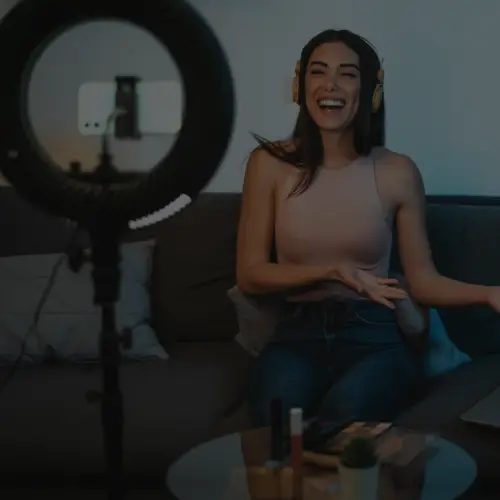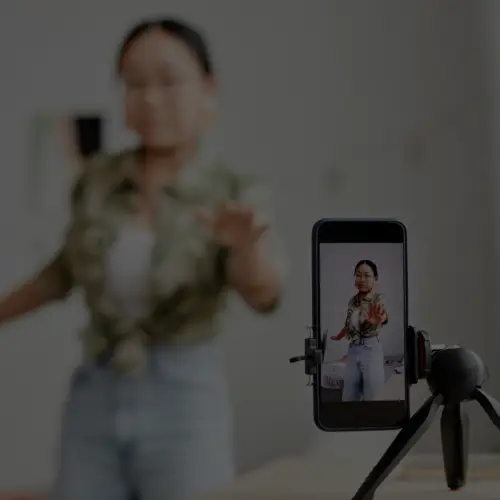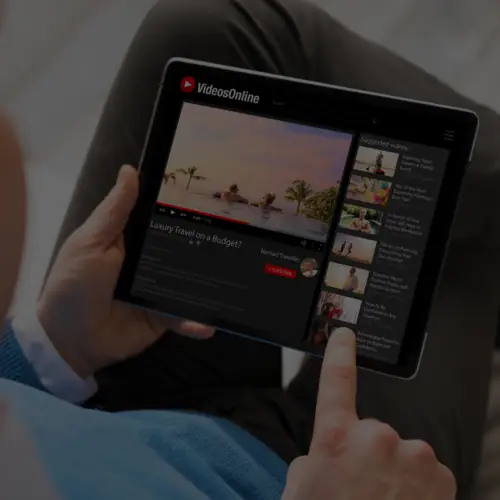11 Jan 3 Ways Google is Integrating Google Plus Into Results
Yesterday Google announced some significant changes to its search engine in an attempt to move it from a search engine that “understands not only content, but personal relationships”. In a blog post entitled, “Search, Plus Your World“, Google outlined 3 changes they are making in order to make the search engine more social. Overall, the move is an attempt for the search engine to expand past only helping users discover results from the overall web, but also help users search the things they or their friends have shared (on Google Plus and Picasa, that is). Below is a snapshot of these changes, as well as the marketing implications.
Google Personal Results
In an effort to make results more personal to a user, Google will now integrate Google+ and Picasa content into the search results. This means users will now see Google+ posts and images that they’ve posted and those their friends have posted when they are searching for something. The green arrow below shows how users will be able to toggle between this new view and the old view, however this new “Search Plus Your World” view, is likely to be default for most users.

This Google+ integration raises an interesting opportunity for marketers, and an interesting dilemma for Google+ as a social network. For instance, if I’m a large travel brand – it’s more beneficial for me to update Google+ with travel tips from my blog that I’d like those in my Circles to find when they are searching. The serendipity from a marketer’s perspective is that even if someone Circled my brand but isn’t engaging with my brand frequently, I still can reach them in search with a link back to my website or blog. So my content strategy as a marketer on Google+ changes from updating content that users are likely to engage in to updating content that users are likely to search. The dilemma for Google+ becomes how to encourage more user engagement so that search results are actually affected, and how to make sure advertiser’s still try to engage fans on the network.
Google Profiles in Search
Google+ also announced that when you search for a person on Google, auto complete will suggest your friends first, with a short profile with links to their Google+ page. As an end user, this really doesn’t add much to my overall experience on the web, since I’m much more likely to be searching people I’m not connected with than those who I’m close with.
This being said, it feels like Google is starting to solve for this by allowing users to search authors in their “authorship pilot program“. So users will be able to search for specific authors in this program that they aren’t friends with, and be shown their profile and the opportunity to add the author to a circle on Google+. See the screenshot below for an example of this.

While this is good news for authors in the program, the obvious opportunity for other brands would be if Google+ expands this functionality to brands with pages. Advertisers could then begin to grow their presence on Google+ as users naturally search for their brand in search results.
You can also search with ‘+’ company name ( +coke ) to find that company name on Google
Blending People and Pages Into Google Search
In order to grow the Google+ community further, Google will now recommend people and pages to follow on Google+ that are related to your search query. Search music? You may be enticed to add Snoop Dogg to your circles. Right now the opportunity seems exclusive to celebrities, and I can’t find information on how other pages may become involved – but I fully expect Google to expand this feature to more pages if it successfully grows Google+.

Googles instructions on how to have your Plus page appear on the “right hand side of search results”
Overall Takeaway
With these changes, Google is obviously taking even more steps to integrate social opportunities into its search results. However, these changes are placing large bets on its relatively young social network Google+. So even though these changes are exciting, I can’t help but feel that the opportunity is solely contingent on the success of Google+ as a network. If Google+ can prove the network is growing in size and user engagement, then I think the integration’s announced today will be an important consideration in a brand’s social strategy. It also seems they are already getting criticism from other networks who might be displaced by the new additions.
What are your thoughts on these changes? Please share in the comments below.






